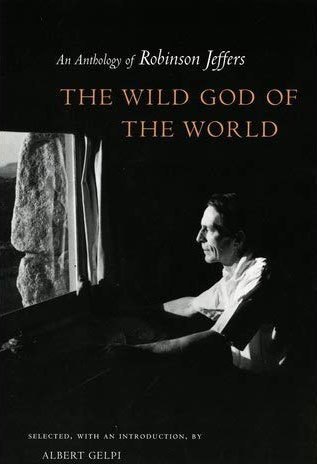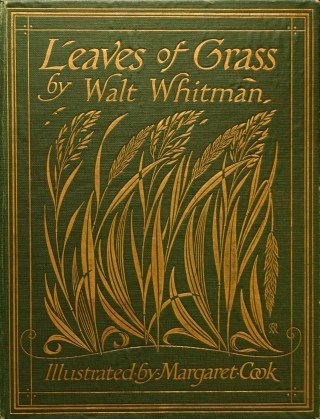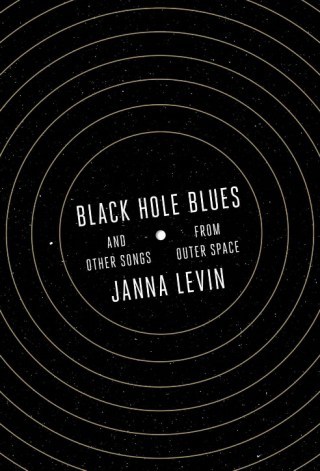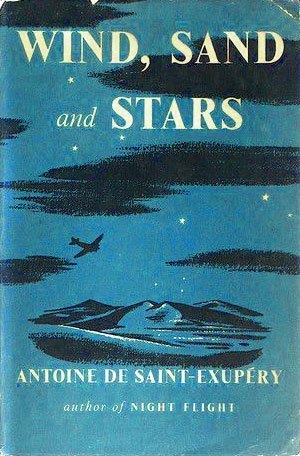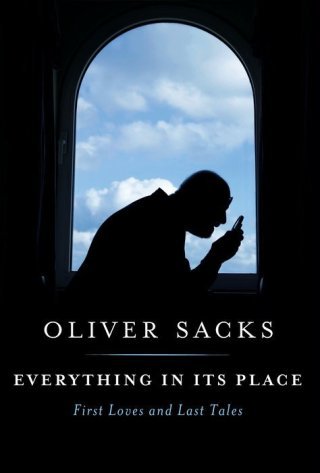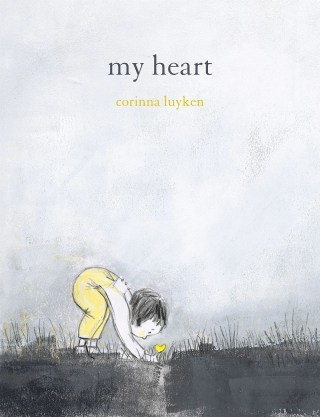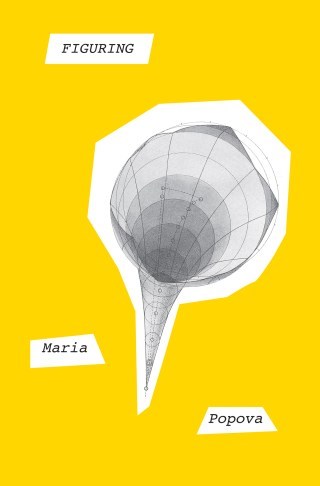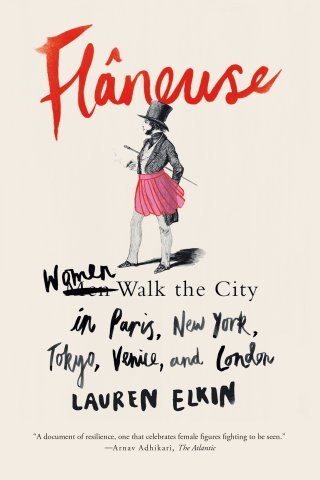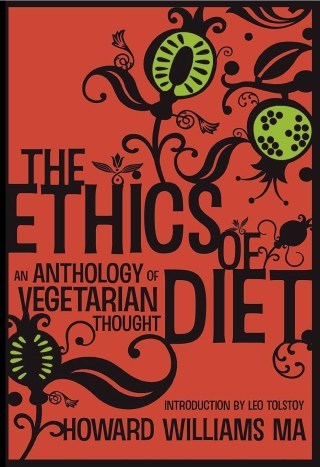Maria Popova's Blog, page 125
June 3, 2019
Robinson Jeffers on Moral Beauty, the Interconnectedness of the Universe, and the Key to Peace of Mind
“Happy people die whole,” Robinson Jeffers (January 10, 1887–January 20, 1962) wrote in one of his poems. “Integrity is wholeness,” he wrote in another. For Jeffers, whose verses became revered hymns of the environmental movement as Rachel Carson was making ecology a household word, this meant wholeness not only within...
May 31, 2019
Astrophysicist Janna Levin Reads “When I Heard the Learn’d Astronomer” by Walt Whitman
“To soothe and spiritualize, and, as far as may be, solve the mysteries of death and genius, consider them under the stars at midnight,” Walt Whitman (May 31, 1819–March 26, 1892) wrote in his daybook upon receiving word of another great poet’s death. “Is there not something about the moon, some relation or reminder, which no poem or literature has yet caught?” he wondered as he approached the end of his own life.
As a youn...
101-Year-Old Holocaust Survivor Helen Fagin Reads Walt Whitman
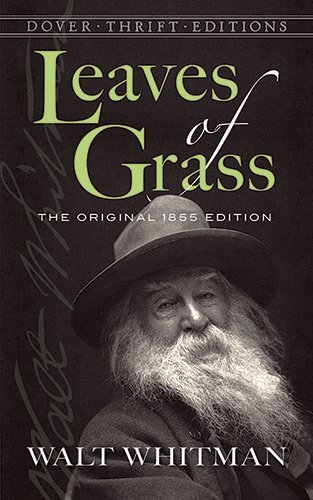 “Whitman is a projection into literature of the cosmic sense and conscience of the people, and their participation in the forces that are shaping the world,” the great naturalist and essayist John Burroughs wrote of Walt Whitman (May 31, 1819–March 26, 1892) in his more-than-biography of this titanic poet whose verses continue to sti...
“Whitman is a projection into literature of the cosmic sense and conscience of the people, and their participation in the forces that are shaping the world,” the great naturalist and essayist John Burroughs wrote of Walt Whitman (May 31, 1819–March 26, 1892) in his more-than-biography of this titanic poet whose verses continue to sti...
May 29, 2019
May 29, 1919: The Animated Story of How Eddington’s Historic Eclipse Expedition Confirmed Relativity, Catapulted Einstein into Celebrity, and United Humanity
On May 29, 1919, the young English astronomer Arthur Eddington (December 28, 1882–November 22, 1944) catapulted Albert Einstein into celebrity by proving the most significant scientific model of the universe since Newtonian gravity: the general theory of relativity, completed four years earlier.
For a quarter millennium, New...
May 28, 2019
“Little Prince” Author Antoine de Saint-Exupéry on Losing a Friend
“Ponder for a long time whether you shall admit a given person to your friendship,” Seneca counseled in considering true and false friendship, “but when you have decided to admit him, welcome him with all your heart and soul.” To lose a friend who has earned such wholehearted admission into your soul is one of life’...
May 27, 2019
The Healing Power of Gardens: Oliver Sacks on the Psychological and Physiological Consolations of Nature
“I work like a gardener,” the great painter Joan Miró wrote in his meditation on the proper pace for creative work. It is hardly a coincidence that Virginia Woolf had her electrifying epiphany about what it means to be an artist while walking amid the flower beds in the garden at St. Ives. Indeed, to gard...
May 23, 2019
My Heart: An Emotional Intelligence Primer in the Form of an Uncommonly Tender Illustrated Poem About Our Capacity for Love
“How is your heart?” I recently asked a friend going through a trying period of overwork and romantic tumult, circling the event horizon of burnout while trying to bring a colossal labor of love to life. His answer, beautiful and heartbreaking, came swiftly, unreservedly, the way words leave children’s lips simple, sincere, and poetic, before adulthood has learned to complicate them out of the poetry and the sincer...
May 22, 2019
Trailblazing Writer and Feminist Margaret Fuller on the Social Value of Intellectual Labor and Why Artists Ought to Be Paid
By the end of her thirties, Margaret Fuller (May 23, 1810–July 19, 1850) — one of the central figures in Figuring — had shaped her young nation’s sensibility in literature and art as founding editor and prolific contributor to the visionary Transcendentalist journal The Dial, advocated for prison reform and African American voting rights as the only woman in a New York news...
May 21, 2019
Why We Walk: A Manifesto for Peripatetic Empowerment
“Every walk is a sort of crusade,” Thoreau exulted as he championed the spirit of sauntering in an era when the activity was largely a male privilege — for...
Shelley’s Prescient Case for Animal Rights and the Spiritual Value of Vegetarianism
“We need another and a wiser and perhaps a more mystical concept of animals,” the great nature writer Henry Beston wrote in 1928 as he contemplated belonging and the web of life, adding: “In a world older and more complete than ours they move finished and complete, gifted with extensions of the senses we have lost or never attained, living by vo...

